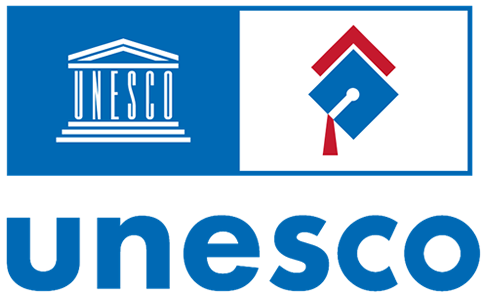Knowledge production policies in university education
Abstract
The purpose of this article is to present a first exploration of the knowledge production policies promoted by Udelar in the field of higher education, in particular, university education. It is focused on central and decentralized policies for the training of highly qualified human resources (master's and doctorate theses in higher education); central policies to stimulate research on university education (institutional calls for projects). The analysis arises from a broad conceptual framework related to the study of higher education, the processes of institutionalization of disciplines and the role of postgraduate degrees. A first comparative approach is made of the main policy instruments applied during the years 2010-2019 in different dimensions and categories of analysis. Even with a late development, institutional policies show significant research results, primarily oriented to the construction of the field of university pedagogy, with a diversified approach in themes, disciplinary origin and institutional affiliation of researchers. The design of a multi-strategy of central political tools has enriched and maximized the production of knowledge in university education, enabling the emergence of a process of disciplinarization of the field.
Copyright (c) 2021 Mercedes Collazo Siqués, Carolina Cabrera, Sylvia De Bellis, Virginia Fachinetti Lembo

This work is licensed under a Creative Commons Attribution-NonCommercial 4.0 International License.
Copyright notice
Copyright allows the protection of original material, and curbs the use of others' work without permission. UNESCO IESALC adheres to Creative Commons licenses in the open access publication of ESS. Specifically, texts published in this journal are subject to a Creative Commons Attribution-NonCommercial 4.0 International (CC BY-NC 4.0) license: ESS is an open access journal, which means that all content is freely available to the user or their institution. Users may read, download, copy, distribute, print, search or link to the full text of the articles, or use them for any other lawful purpose, without asking prior permission from the publisher or the author, always making sure to cite the author. Commercial use is not permitted. ESS requires authors to accept the Copyright Notice as part of the submission process. Authors retain all rights.
The full license can be found at https://creativecommons.org/licenses/by-nc/4.0/
 Attribution - NonCommercial (CC BY-NC 4.0)
Attribution - NonCommercial (CC BY-NC 4.0)
This journal does not charge authors for the submission or processing of articles. The authors of the contributions will receive acknowledgment of receipt that the work has reached the Editorial Team of the Journal.




.png)
